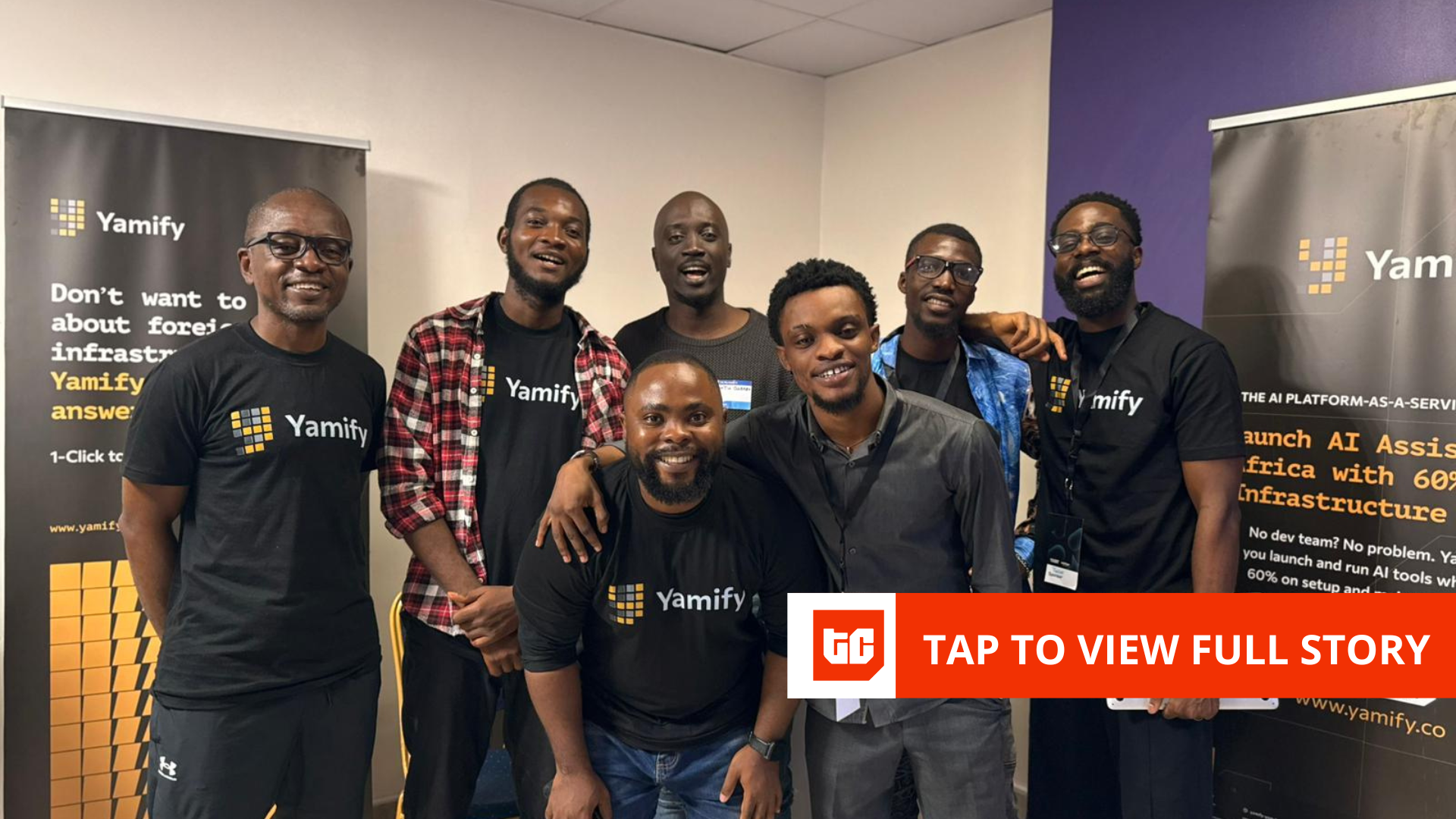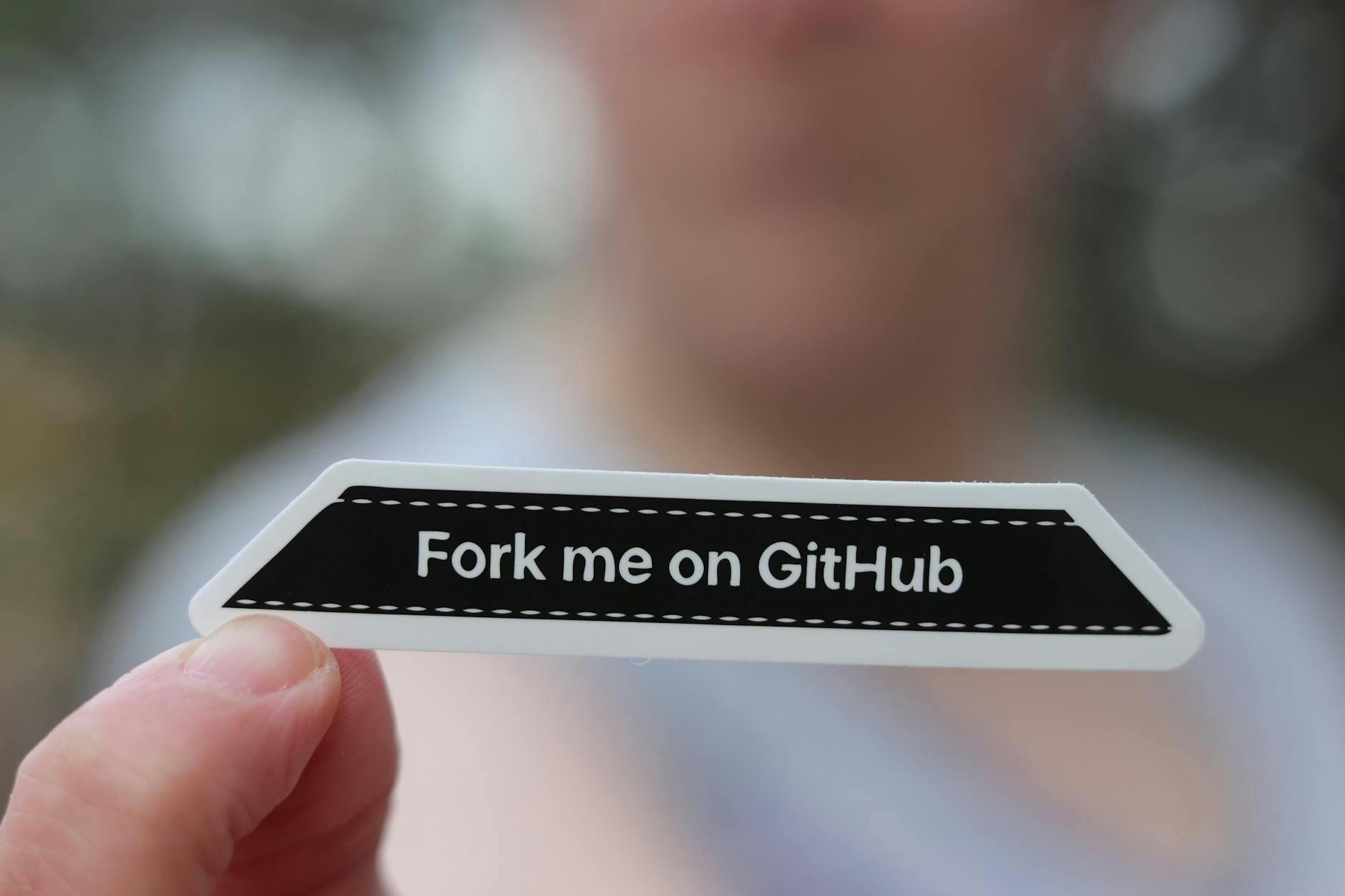Yamify, a DR Congo-based AI infrastructure startup that helps freelancers, startups, and agencies deploy AI tools on local and global cloud servers, has raised $100,000 in pre-seed funding from Felix Anane, an early backer of Paystack.
The company will use the capital to fund the launch of its flagship Managed Cloud Prototypes (MCP) feature that allows users describe the AI tool they want in a chat window and have it provisioned instantly. Yamify is seeking another $100,000 to close its round.
Most cloud AI infrastructure is designed for enterprise teams in the U.S. or Europe, billed in dollars, and assumes access to in-house cloud engineers—a mismatch for Africa’s fast-growing but cost-sensitive developer market. Yamify bets that with one-click access to open-source AI tools, hosted on GPU clusters in African data centres and billed in local currencies, the continent’s freelancers, startups, and agencies can deploy working AI products in minutes instead of days.
Founded in 2024 by Luc Okalobé, a former cloud engineer at TikTok and Salesforce with over 15 years’ experience, Yamify operates like an app store for AI — chatbots, automation agents, video generators, and language models — but with the server room included. Its GPU-powered clusters (“YAMs”) are hosted in Nigeria, Congo, and South Africa, with global cloud providers as backup. Instead of $20-a-month SaaS licences, users can run unrestricted open-source editions and pay in naira, M-Pesa, or MTN MoMo.
“Africa should not wait to be included in the AI wave – we should build it,” said Okalobé. “At Yamify, we believe in community-led AI infrastructure made for Africa and the world.”
Yamify joins a growing wave of African AI infrastructure players, including YC-backed Cerebrium, which has raised $8.5 million for enterprise AI model training. While Cerebrium focuses on scalable AI model training platforms, Yamify is pioneering a developer-first, community-led approach with GPU-powered AI deployments from local data centres, leveraging open standards like Kubernetes and open-source tools, combined with local billing solutions.
Globally, the company is up against Lambda, CoreWeave, and the hyperscalers — AWS, Google Cloud, and Azure. Okalobé’s strategy is a grassroots go-to-market: embedding in hackathons, developer groups, and universities rather than chasing enterprise sales.
“We go after people who don’t know AWS exists,” Okalobé said. “We help them launch their first chatbot or automation and grow with them.”
The company entered private beta in July 2025 and has attracted developers, fintechs, and web agencies across Lagos, Kinshasa, Brazzaville, and Johannesburg. Over 1,500 developers and startups, including Vaultpay.io (Y Combinator 2023), are on the waitlist. Yamify’s paid plans start at $15 a month for individuals and $500 a year for agencies, with free tiers for testing.
Okalobé says Yamify’s cost advantage comes from his team’s expertise in cloud cost optimisation, using open-source infrastructure like Kubernetes, detecting idle workloads, and shutting them down automatically. “Hyperscalers don’t turn things off for you. We do,” he said.
Yamify’s six-month goal is to onboard 100,000 users; the longer-term aspiration is achieving $1 million in annual revenue and a reputation as the default AI infrastructure layer for Africa’s next generation of startups. For Okalobé, though, the ultimate measure of success is not just revenue. “If developers are telling others, ‘Yamify helped me launch this,’ then we’ve already won.”
Mark your calendars! Moonshot by is back in Lagos on October 15–16! Join Africa’s top founders, creatives & tech leaders for 2 days of keynotes, mixers & future-forward ideas. Early bird tickets now 20% off—don’t snooze! moonshot..com










